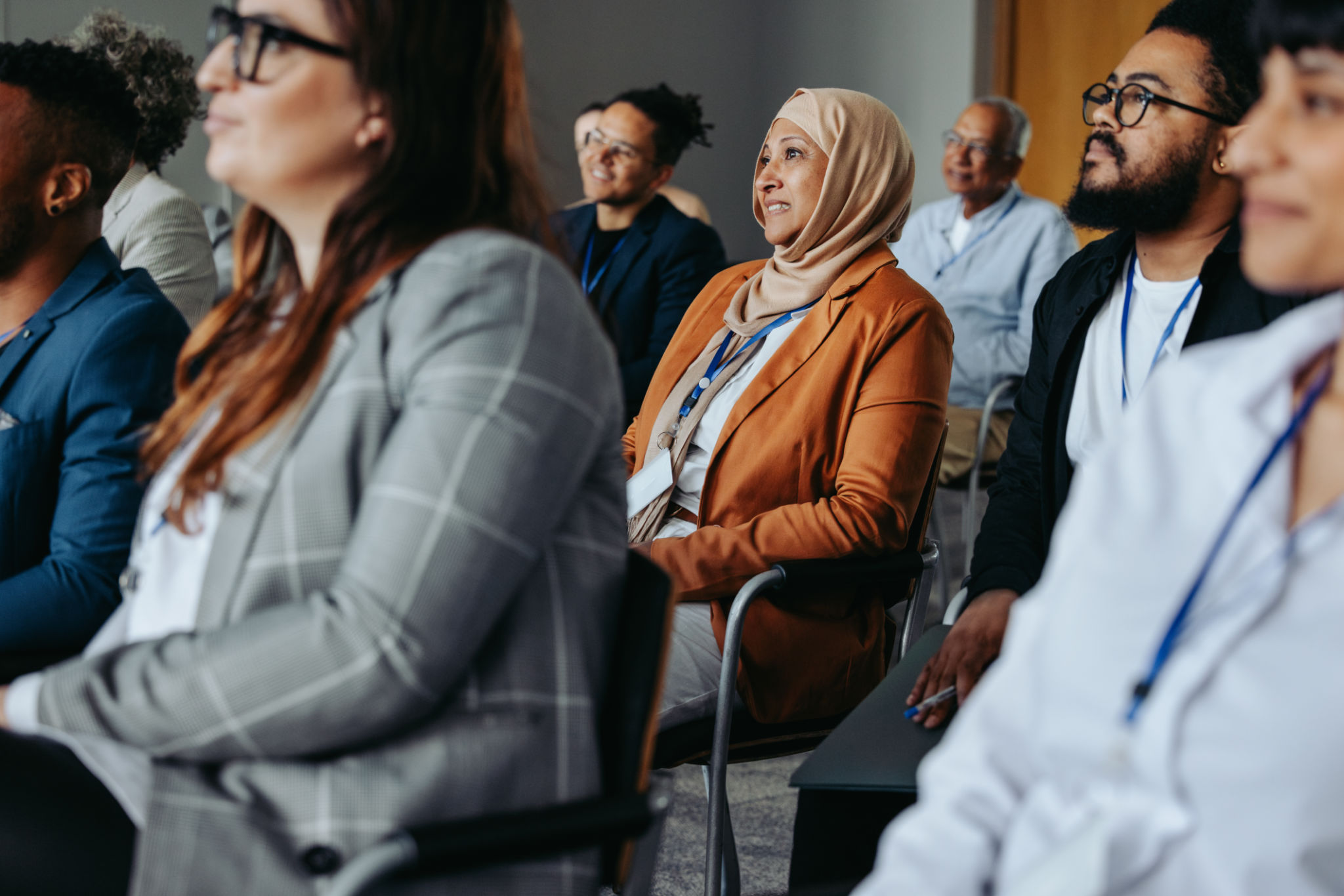Understanding the Impact of Anti-Discrimination Workshops
The Importance of Anti-Discrimination Workshops
In today's diverse and interconnected world, promoting equality and understanding in workplaces and communities is more critical than ever. Anti-discrimination workshops have emerged as a valuable tool in fostering inclusivity and reducing biases. These workshops aim to educate individuals about different forms of discrimination, including those based on race, gender, sexual orientation, age, and disability.
By participating in these workshops, attendees gain a deeper sense of empathy and awareness. They learn to recognize their own biases and understand how these biases might inadvertently affect their behavior. This newfound awareness is the first step towards cultivating a more inclusive and respectful environment.

Building an Inclusive Culture
Anti-discrimination workshops are pivotal in building a culture of inclusivity. By providing employees and community members with the tools to understand and address discrimination, organizations can create an environment where everyone feels valued. This not only boosts morale but also enhances productivity and creativity.
Workshops often include interactive sessions that encourage participants to engage in discussions and role-playing exercises. These activities help individuals experience different perspectives and understand the impact of discrimination on those who experience it firsthand.
Measuring the Impact
The impact of anti-discrimination workshops can be measured in several ways. Organizations can track changes in workplace dynamics, employee satisfaction, and productivity levels. Additionally, surveys and feedback forms are invaluable in gauging the effectiveness of these workshops. These tools help organizations identify areas for improvement and ensure that the workshops are meeting their goals.

Another significant measure of success is the reduction in reported incidents of discrimination. As individuals become more conscious of their actions and words, the occurrence of discriminatory behavior tends to decrease. This positive shift contributes to a healthier work environment where everyone feels safe and respected.
The Role of Facilitators
The success of anti-discrimination workshops largely depends on the skills and expertise of the facilitators. These professionals guide discussions, challenge participants' preconceptions, and provide support throughout the learning process. A skilled facilitator can create a safe space for open dialogue, encouraging participants to share their experiences without fear of judgment.
Facilitators often bring real-world examples into the workshops, making discussions relevant and relatable. Their role is crucial in ensuring that participants leave with actionable insights that they can apply in their daily lives.

Overcoming Challenges
While anti-discrimination workshops are beneficial, they can encounter challenges. Participants may initially resist engaging in discussions about biases or feel uncomfortable confronting their own prejudices. It's important for facilitators to address these concerns and create an environment where participants feel supported.
Organizations must also be committed to long-term change. Workshops should not be a one-time event but part of an ongoing effort to promote inclusivity. Continuous education and open dialogues are essential for sustaining a culture that values diversity.
Future Outlook
As our society continues to evolve, the need for anti-discrimination workshops will likely grow. Organizations that prioritize these initiatives will be better equipped to navigate the challenges of an increasingly diverse world. By investing in these workshops, businesses not only enhance their reputation but also contribute positively to societal change.
Ultimately, understanding and addressing discrimination is a collective responsibility. Through education and open dialogue, we can build a more inclusive world where everyone has the opportunity to thrive.
